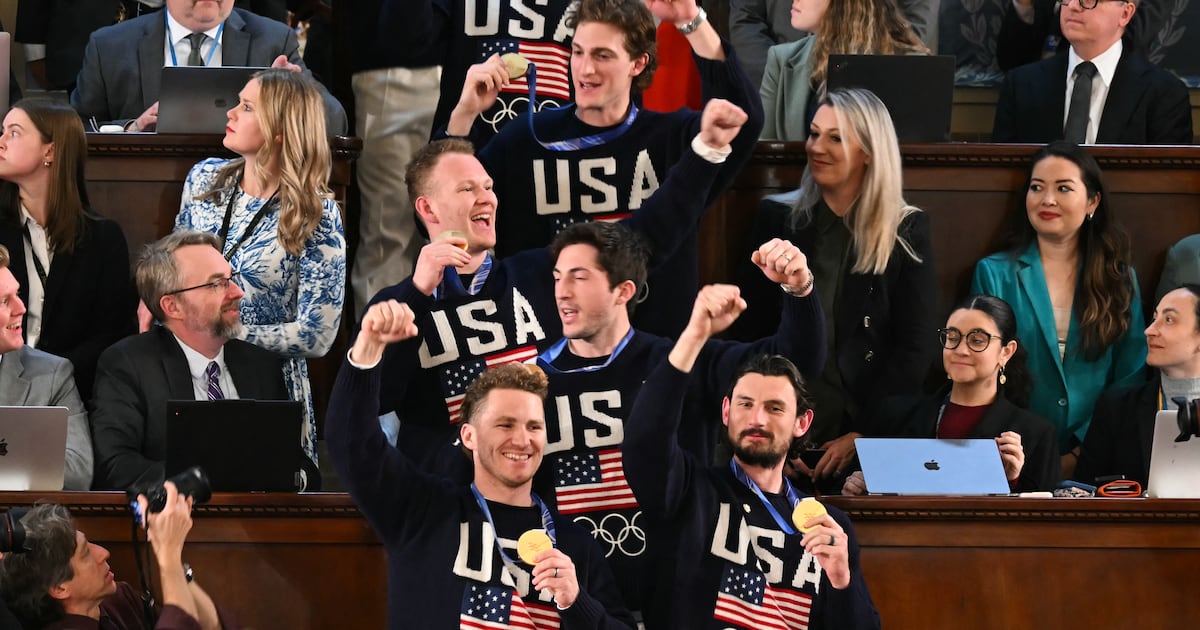Due to recent events that have occurred in Ferguson, Missouri, and now, in New York regarding the wrongful and tragic death of Eric Garner, there has been great debate and dialogue about racial disparity, the plight of the black community, and the challenges we often face in America when facing prejudice and discrimination. As a black woman living in America, I am very pleased to see my white counterparts taking this issue head on and doing so with a desire to rectify injustices that are often perpetrated against the black community.
At the same time, I feel it prudent to put to rest this fanciful notion that some of those same white people have, namely that treating us with kid gloves is somehow noble or desirable. It is not. It is racist.
Last week, as I was sitting in one of my last classes of the fall semester, my professor decided to discuss Ferguson and the parallels between protest communities and revolutionary communities with a religious bent. This conversation quickly led to a discussion of the details of the crime and the conclusion the jury came to—which apparently every white person with a passion for social justice is convinced is either wrong, evil, racist, or all the aforementioned.
To be sure, I was really excited to have this discussion. Throughout the semester, my professor made sure to stress that, in the tradition and spirit of the anthropological approach to learning, we should never see the “other” as mystical or innately different from ourselves. Instead, study of other cultural groups should be approached in the same rational way every other study of human beings is approached, and we should hold those others to the same standards that we hold the Western world.
This was very refreshing to hear, especially in an increasingly globalized society where groups are often judged by different standards.
But then Ferguson happened and all of that glorious approach went out the window.
It began when a classmate raised her hand and stated that she was confused about the facts of the case. Upon further discussion between her and the professor, she came to the conclusion that the facts of the case “ultimately doesn’t matter.” The professor agreed. She said that what ultimately matters is that a “black boy was killed by a white cop,” and that since there is racism in this country, this is the only thing of great importance; she also stated that the protests, even the violent ones, were the actions of people who “just couldn’t take it anymore.”
This is that precise moment where concern for others bleeds into paternalism; where unease with societal problems is transformed into enabling those very same societal problems and causing them to endure; where a genuine desire to stop racism actually itself takes another form of racism, albeit one cloaked in the facade of fairness and impartiality.
The facts matter because the facts matter. The facts do not cease to matter merely because a white cop killed a black boy. If a white cop killed a white boy, the facts would matter. If a black cop killed a black boy, the facts would matter. If a black cop killed a white boy, the facts would matter. To suggest anything else is to perpetuate discrimination, the very thing that white people with an ostensible social justice bent claim to want to end.
It is not merely morally absurd to suggest that facts do not matter; as a person of color, it is insulting and degrading. What this essentially means is that superman-wannabe white people do not see my people as their equal. Indeed, they view us as children who can never adhere to the standards of civility and decency to which they hold other groups. The only difference between this view and that of white supremacists is that while white supremacists view our apparent unequal human qualities to be negative, other white people view this as a positive.
In a way, this is worse than the racism of white supremacists, since this is thought to be an honorable attitude. When white people burn buildings and murder people who are of a different shade, it’s considered to be racism. When people of color do it, it’s because they “just couldn’t take it anymore.”
This foolishness is not progressivism. It is an innovation in self-righteous bigotry: “Black people just can’t help themselves and that’s all right with me.”
This cannot continue. Disparagement painted over with the brushstrokes of complimentary praise is still disparagement. As blacks, we desire to be treated equally. Not differently. Not better. Not worse. Not like we’re demons. Not like we’re angels. But equally.






